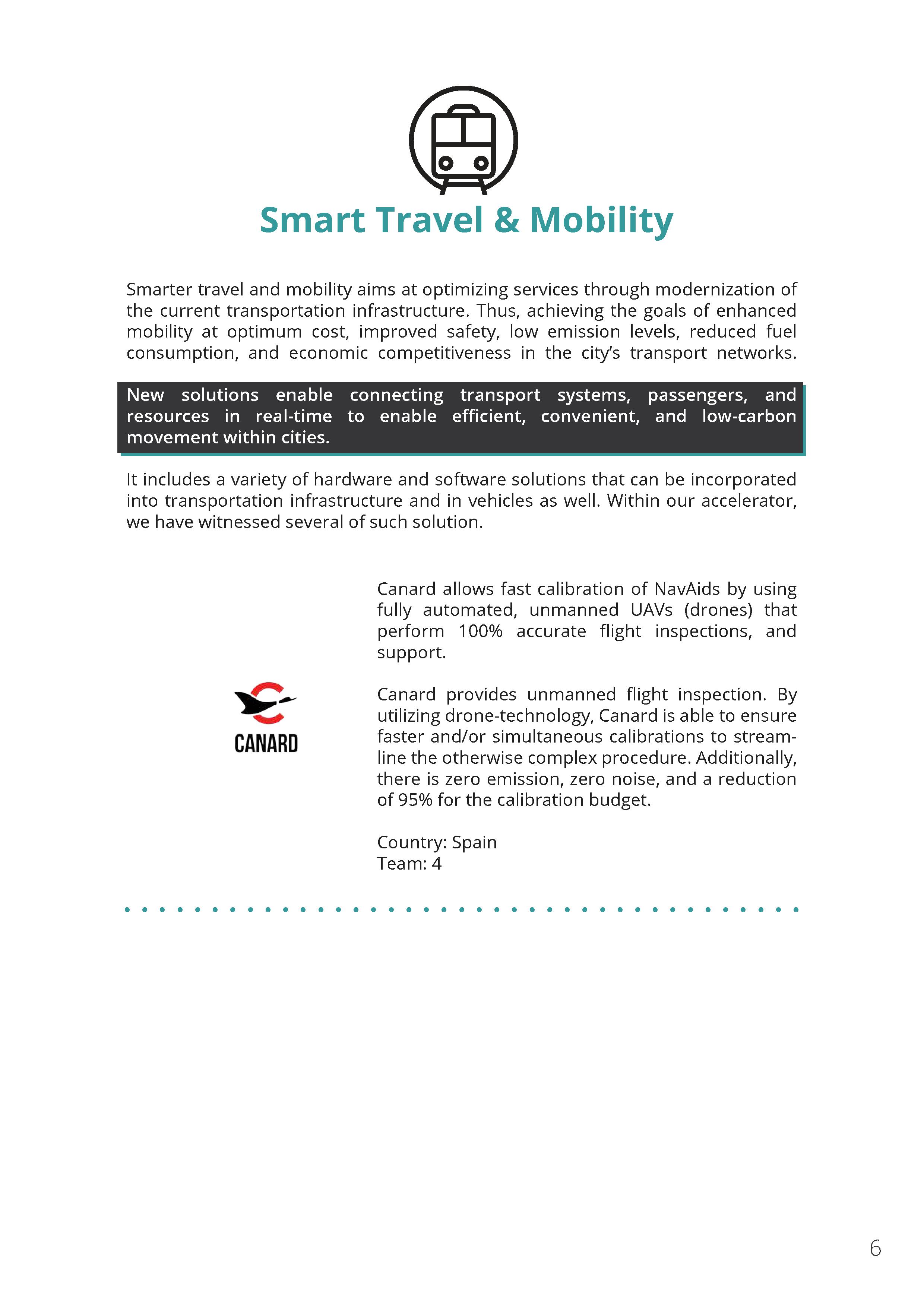Price Of Smart City Software Solutions
This story was delivered to BI Intelligence IoT Briefing subscribers. To learn more and subscribe, please click here.
One of the biggest challenges to the development of the IoT could make smart cities projects 30% more expensive to deploy, according to new analysis from Machine Research, an IoT and M2M market research firm.
IoTsens Smart City is a solution for remote management and control of intelligent devices (sensors) installed in any part of the world. It provides the tools to collect the information of the installed sensors, to store the data, to generate calculations and to analyze it. Smart city projects must be designed from the perspective of the most common denominator and accessible to the least privileged person. UX for Industrial Technology UX is a comprehensive process that considers the end user and how to make it best for them.
Right now there are no universal interoperability standards for the IoT that would allow different IoT devices from different manufacturers to communicate and share data with each other. The absence of such standards is already a major barrier to the smart home market, as consumers don't want to buy smart home devices that can't be controlled together.
Smart City Definition
In the smart cities space, this issue could add hundreds of billions of dollars in costs to smart cities projects around the world, Machina Research predicted:
- Deploying IoT solutions without interoperability standards would add $341 billion in costs to smart city deployments worldwide by 2025, the report said.
- With such non-standardized solutions, global implementation costs for smart cities projects would be $1.12 trillion over that time period. Standardized solutions would cut that cost to $781 billion.
That huge difference in costs is because municipalities would have to pay to integrate their different vendors' systems and devices so they can communicate with each other.
These steep integration costs could put a major dent in smart cities adoption: developing interoperability standards for the IoT could boost the number of connected devices deployed for smart cities by 27% by 2025, the report added.
Cost is already a major challenge for smart cities as projects, as municipalities are often squeezed by tight budgets. BI Intelligence, Business Insider's premium research service, expects the annual number of devices installed for smart cities to top one billion next year.
Urbanization will force cities around the world to cope with growing populations, traffic congestion, and pollution in the coming years. Faced with these mounting pressures, city governments are turning to IoT technologies to deliver services more efficiently and improve their citizens' quality of life.
Many cities are already connecting their infrastructure to IoT devices like sensors and smart meters. But few cities are as far along in that effort as Barcelona.
Jonathan Camhi, research analyst for BI Intelligence, has compiled a detailed report on smart cities that examines how other municipalities can learn from Barcelona's development into a smart city, how cities' investments in IoT technologies will grow over time, and how those investments will impact urban economies worldwide.
Here are some of the key findings from the report:


- IoT deployments will create $421 billion in economic value for cities worldwide in 2019. That economic value will be derived from revenues from IoT device installations and sales and savings from efficiency gains in city services.
- Globally, cities' investments in IoT technologies will increase by $97 billion between 2015-2019. This will make up the bulk of government investment in IoT technologies, dwarfing the amount of money spent on other government IoT use cases like military drones and robots.
- The number of IoT devices installed in cities will will increase by more than 5 billion in the next four years, creating a massive opportunity for IoT hardware manufacturers and software vendors.
- IoT technologies will deliver a broad range of benefits for cities including reducing traffic congestion and air pollution, improving public safety, and providing new ways for governments to interact with their citizens.
In this report we will also:
- Define the difference between connected vs smart cities.
- Identify key challenges for municipalities in developing smart cities and illustrate how some cities are already solving those obstacles.
- Provide key takeaways from Barcelona's IoT strategy, which has earned it recognition as the world's smartest city.
- Illustrate how the benefits of connecting legacy infrastructure can be magnified through data aggregation and analysis.

To get your copy of this invaluable guide to the IoT universe, choose one of these options:
- Subscribe to an ALL-ACCESS Membership with BI Intelligence and gain immediate access to this report AND over 100 other expertly researched deep-dive reports, subscriptions to all of our daily newsletters, and much more. >> START A MEMBERSHIP
- Purchase the report and download it immediately from our research store. >> BUY THE REPORT
The choice is yours. But however you decide to acquire this report, you've given yourself a powerful advantage in your understanding of the fast-moving world of the IoT.